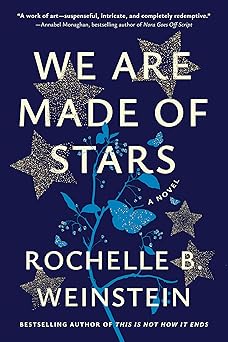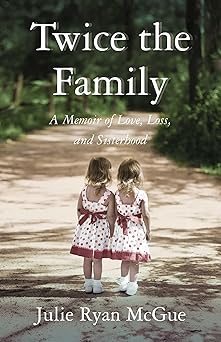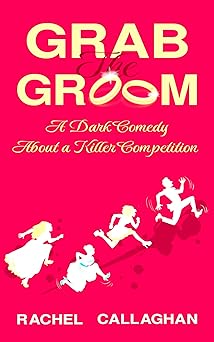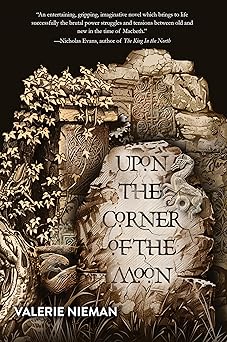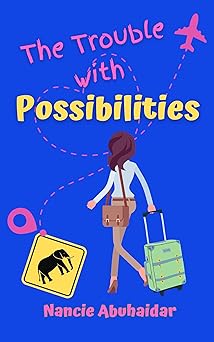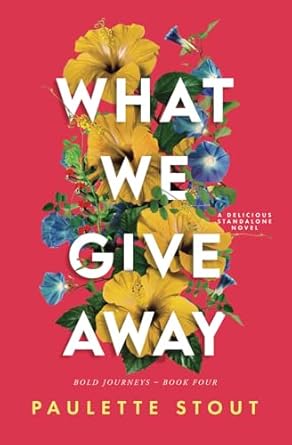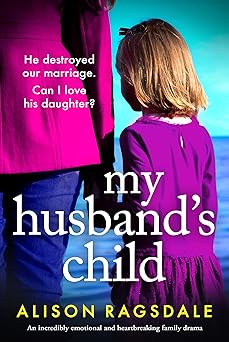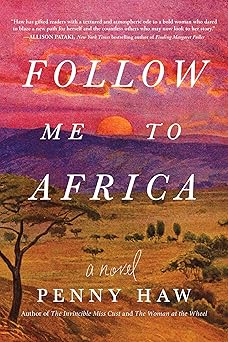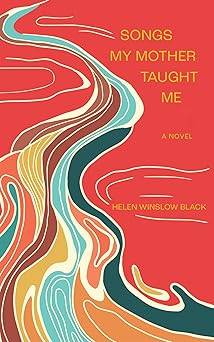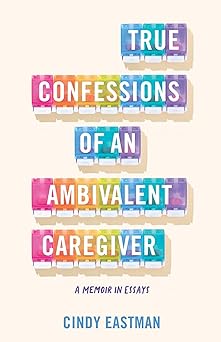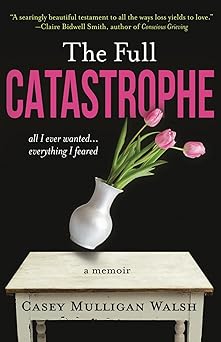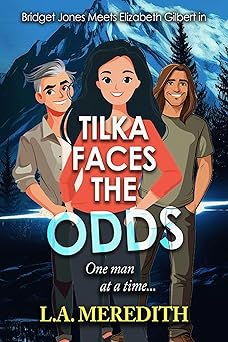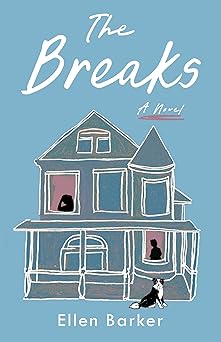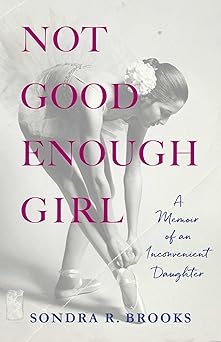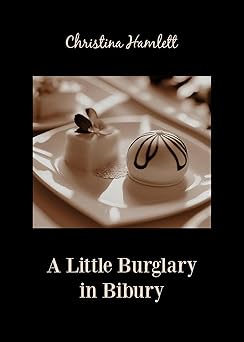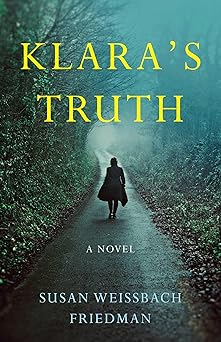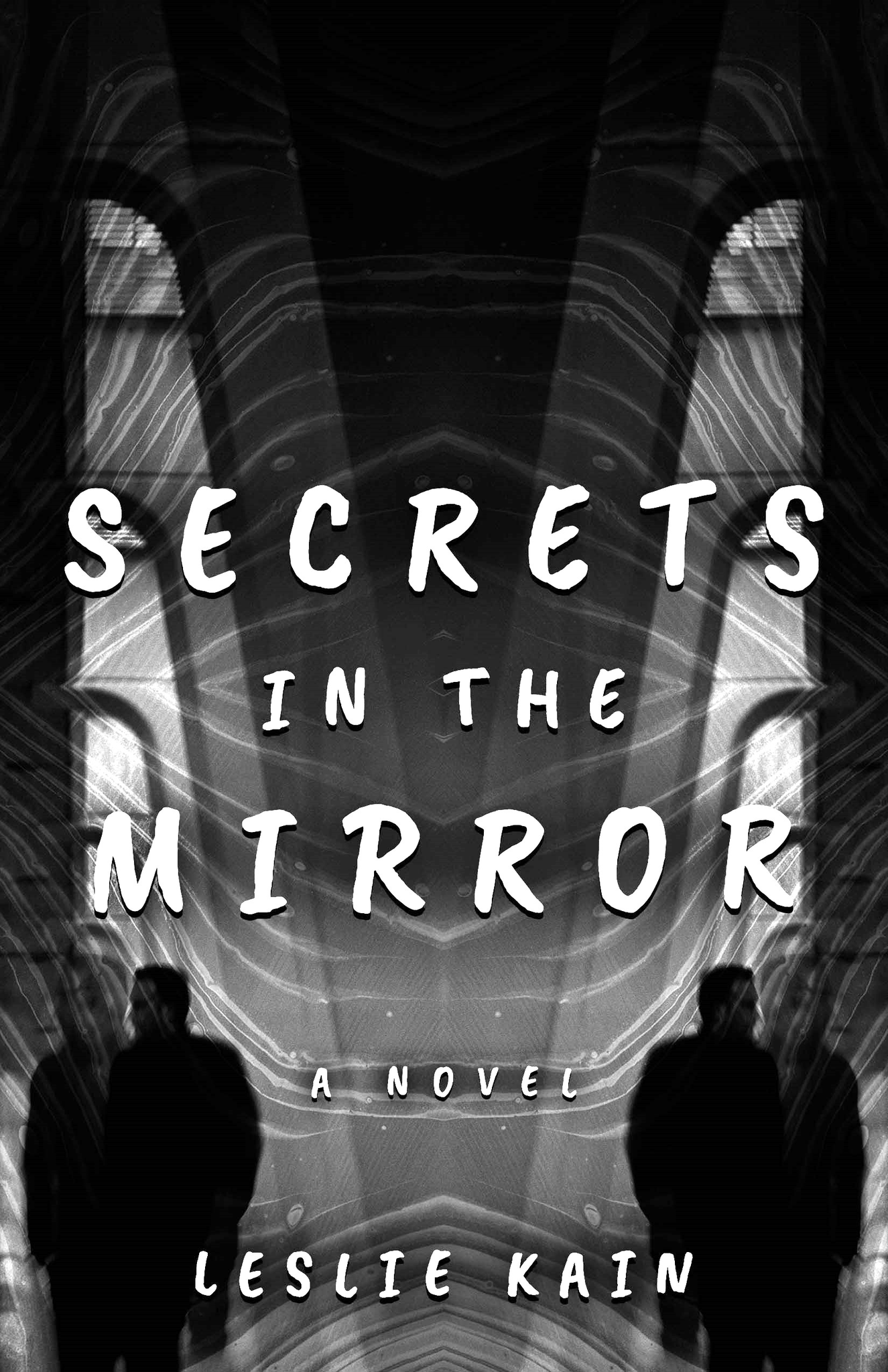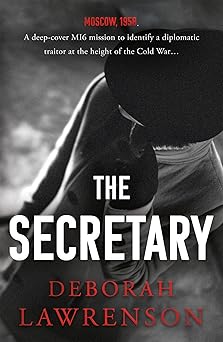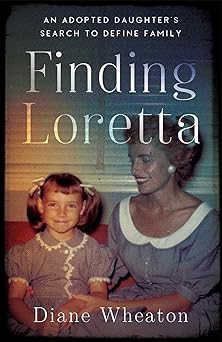On Writing LEAPFROG: How to hold a civil conversation in an uncivil era
My writing has always begun in wanting to know, in wanting to better understand. In high school and college I had columns in the school newspaper entitled variations of C’est la vie, depending upon which language I was currently studying. I co-wrote my first published book, Stuttering, with my soon-to-be husband, then a professor of Communication Sciences, because I wanted to understand the power that my own stutter had held over my life for far too long.
The same with At Home on the Kazakh Steppe: A Peace Corps Memoir, published in 2014. I wanted to understand that two-year experience better. That I knew diddly about memoir writing when I began did not deter me. I simply gathered my journals and emails from that time and merged them together, not wanting to leave anything out. That first draft – or was it the third? – read like a very boring doctoral dissertation. I hadn’t yet learned that memoir needs to read like fiction if I wanted to hold my reader, which I did.
The cultural differences I experienced in that former Soviet land became the glue that held the book together. And the cultural differences I enjoyed the most were the ones that had initially made me gasp. Literally. Think of a roasted sheep’s head on your plate, unblinking eyes staring up at you. Think of five-year-olds running around at 10 pm because “bedtime,” as we know it here in the US, is unheard of there. I found these and other differences fascinating. Eventually, I even smiled.
This latest book, LEAPFROG, came about from another gasp; one that I am only now finding a way to smile over. It began in late 2016, when the general election turned my world upside down. An old high school friend – we’d sparred back then too: I working for Johnson, she for Goldwater — had asked to come for a visit to my home in Vermont. She was thrilled with the election result and I wanted nothing to do with her. I needed time, I told her, to understand what had just happened. That was the mystery that got me writing LEAPFROG. Incivility was rising all around me and, more importantly for me, I did not want to engage with anyone who hadn’t voted the way I had, who didn’t see the world as I did. I’d never felt like this before.
In January 2017, I attended a gathering of women wanting to start a local chapter of League of Women voters in the northeastern region of Vermont, where I live. Asked what issues bothered us the most, I said incivility. Serendipitously, I was later asked to present on civil discourse at our next gathering. With a month to prepare, I said Yes immediately, knowing it could only help me understand my reaction. I read voraciously and my presentation wound up as the F chapter in LEAPFROG, Facts: forget them for now.
There were four sources I pulled from for that initial presentation –all listed at the beginning of the extensive Resources section at the back of the book. What stood out to me was that in all of them I found the same elements that would become LEAPFROG. Start with listening, they all said; there was my L. Have empathy, they all said: my E. I also read of the value in paraphrasing, so you know you’ve heard right (my P), and how facts need to take a backseat for a bit (the F). I knew I wanted an acronym, something that would help those engaged in these important conversations, remember what was important.
With the L, E, P, and F. While standing in my kitchen chatting about this with my husband, LEAPFROG popped into my mind. I needed only the A and the R O G. I chose Assess, for the importance in knowing how to determine if this is the right conversation at the right time. Mutual Respect cropped up in much of what I was reading, which gave me the R. I added Observation and Gratitude from my work as a Gestalt psychotherapist. Voila! LEAPFROG was born.
I was writing a weekly blog back then and each letter of the new acronym became a blog post. I thought that would be as far as I’d take it until one of my readers sent a whimsical cover and the idea of a book was born. The first edition came out in 2019. It had a captivating yellow cover and an image of two empty seats with tea cups sitting.
Today, as I write this, I’ve just sent the fourth edition off to KDP, the Amazon publishing arm. I did so with more relief than enthusiasm. I’m letting it go, the universe has it. If the idea catches on, great. But I don’t expect it to. I’ve yet to find the will to do this work. Sure, the book gives the data, the facts, the HOW to engage. But it doesn’t give the will, the courage, or the desire to engage.
Still, people liked that original book. Town managers wrote to me asking for bulk copies for ad hoc committees; libraries have asked me to present. One library even organized a year-long Covid-era discussion group, focusing on one chapter each month. Those conversations led me to rework the initial book. I merged the Paraphrase chapter into the Listening chapter and wrote a new Perspective chapter, and rewrote the Respect chapter. Writing that chapter changed my life.
An advantage of self-publishing is that it’s been relatively easy to update the book. Too easy, it could be said. With such dramatic changes inside, I changed the cover; it’s now red, white, and blue. For a short time, I had THIRD EDITION emblazoned just under the title. With this fourth edition, I had those words removed. I’ve currently got forty Third Editions sitting on my kitchen counter, ready to go out to my beta readers, with a four-page addendum of changes.
My writing process is not fixed. I write when I need to understand. And then I want to teach. So I tweak, edit, change, tighten, and refine, ad nauseum. I am incorrigible. I love that I know those changes make the book better, make the prose flow more smoothly, help the reader understand. I feel the difference viscerally. And it’s powerful. I love that part of the process more than the initial writing.
I hope you’ll visit my website at https://janetgivens.com
Drop me a note from the Contact page. I enjoy engaging with readers.
LEAPFROG: How to hold a civil conversation in an uncivil era
Category: On Writing

 Learning to manage conflict is possible if we are willing. … and we can do it without abandoning our political and philosophical beliefs. This book explains how.
Learning to manage conflict is possible if we are willing. … and we can do it without abandoning our political and philosophical beliefs. This book explains how.


